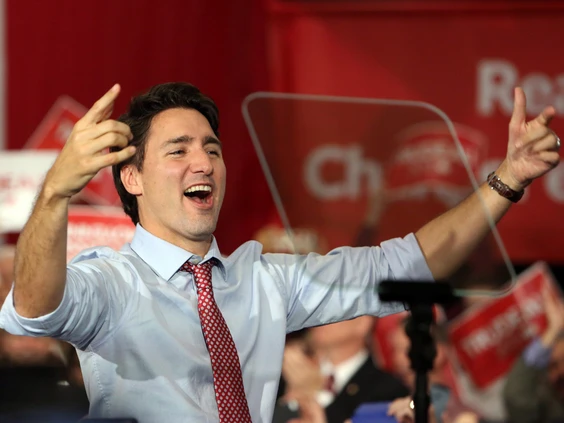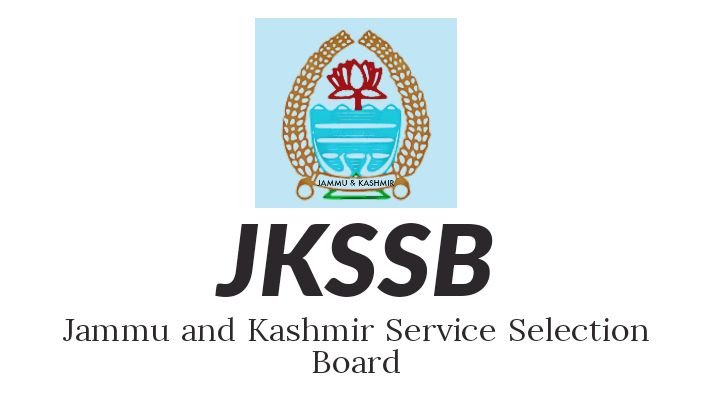- Canadian Prime Minister Justin Trudeau’s foreign affairs policies are under scrutiny as critics point to perceived failures on the international stage.
- Despite Trudeau’s leadership on certain global issues, his government faces growing criticism over its handling of key foreign policy matters.
Article:
Canadian Prime Minister Justin Trudeau, known for his charismatic leadership and progressive agenda, is facing increasing scrutiny and criticism for what some perceive as failures in the realm of foreign affairs. While Trudeau’s government has championed certain international causes, it has encountered substantial challenges in managing Canada’s foreign relations.
One of the most significant issues that have garnered criticism is Canada’s relationship with China. The detention of Canadian citizens Michael Kovrig and Michael Spavor in China, widely seen as retaliatory actions following the arrest of Huawei executive Meng Wanzhou in Vancouver, has strained diplomatic ties. Despite Trudeau’s efforts to secure their release, the situation remains unresolved, leading some to question the government’s effectiveness in handling this sensitive matter.
Furthermore, the strained relationship with China has had economic implications, affecting Canadian exports and trade opportunities. The Trudeau administration has been criticized for not being able to find a suitable resolution to this complex issue.
Another foreign policy challenge has been the management of relations with the United States, Canada’s largest trading partner. While Trudeau maintained a working relationship with former President Donald Trump, tensions simmered beneath the surface. With the election of President Joe Biden, there were hopes for improved relations, but disagreements over key issues such as the Keystone XL pipeline and Buy American policies have strained the Canada-U.S. partnership.
Critics argue that Trudeau’s government could have taken a stronger stance in advocating for Canadian interests, especially in light of the importance of the economic relationship between the two nations. Some argue that more assertive diplomacy could have yielded better results.
In the realm of international climate action, Trudeau has positioned Canada as a leader, committing to ambitious carbon reduction targets and advocating for global climate action. While these efforts have been applauded by many, critics argue that the government has not done enough to back up its promises with concrete actions, particularly in terms of transitioning to a greener economy and reducing greenhouse gas emissions.
Despite these criticisms, it’s important to note that Trudeau’s government has had successes in foreign affairs as well. Canada’s role in hosting the recent G7 summit and its involvement in vaccine distribution to developing countries have been positive developments.
In conclusion, Prime Minister Justin Trudeau’s foreign affairs record is a mixed bag of successes and challenges. While he has been a vocal advocate for certain global issues, such as climate change and vaccine equity, his government has faced criticism for its handling of complex diplomatic relations with China and the United States. As Trudeau continues to navigate these challenges, his administration’s approach to foreign affairs will undoubtedly remain a subject of debate and scrutiny.
News Summary:
- Trudeau’s foreign affairs policies face criticism over handling of China relations and economic implications.
- Tensions with the United States strain Canada’s largest trading partnership.
- Mixed reviews on Canada’s global leadership in climate action.
- Trudeau’s government applauded for hosting G7 summit and vaccine distribution efforts.










